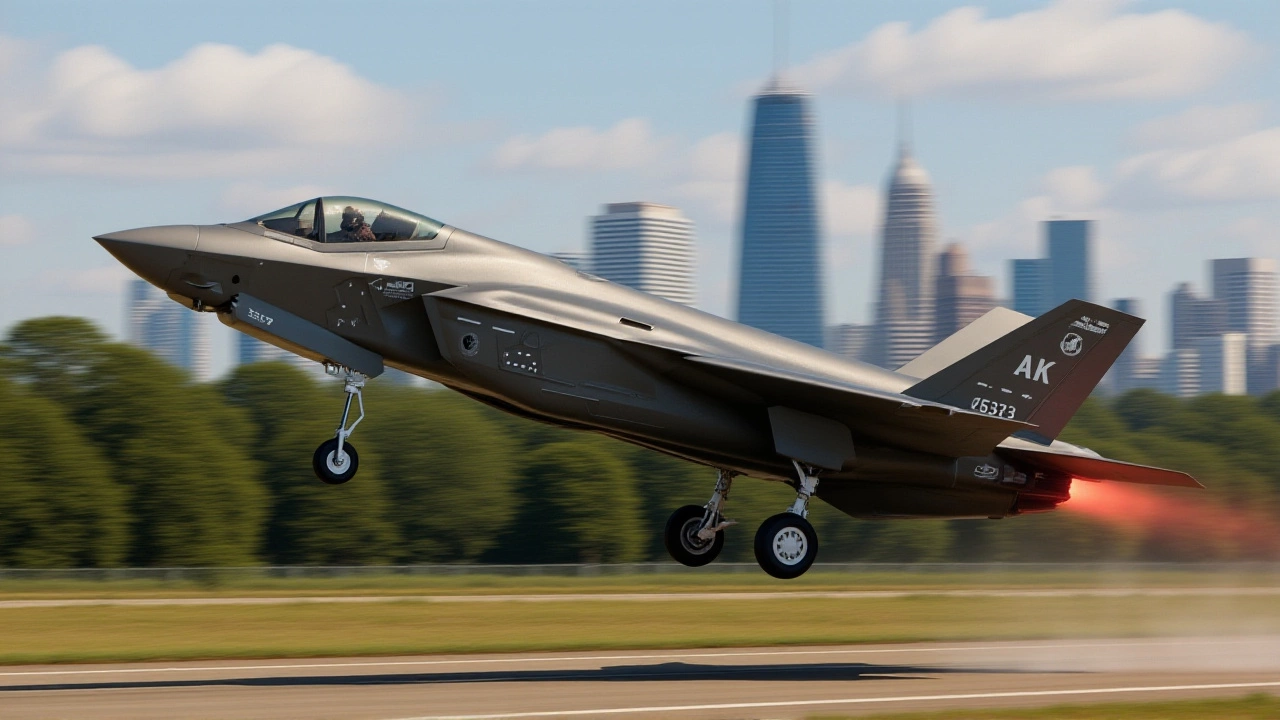Russia: A Deep Dive into Its Culture, Travel, News, and Sports
When talking about Russia, the world’s largest nation, stretching from Eastern Europe to the Pacific, home to dozens of ethnic groups and a history that shaped the modern world. Also known as Russian Federation, it influences global politics, economics, and the arts. In the sections that follow, you’ll find why Russia remains a fascinating focus for travelers, scholars, and anyone curious about international affairs.
One of the first things visitors notice is Russia’s vast and varied terrain. From the frozen tundra of Siberia to the bustling streets of Moscow, the country demands a solid travel infrastructure that can handle extreme weather, long distances, and a complex border system. Recent upgrades to border fences and surveillance technology aim to secure the 20,000‑kilometer frontier, echoing global trends in border management. Whether you’re flying into Sheremetyevo or taking the Trans‑Siberian Railway, the travel experience offers both challenges and unforgettable scenery.
Beyond geography, Russia’s culture blends folk traditions, Orthodox Christianity, and avant‑garde arts, producing a heritage that feels both ancient and modern. Music lovers can trace the legacy of Tchaikovsky, while contemporary creators push boundaries in film and digital media. Cultural festivals—like Maslenitsa, the spring pancake celebration—draw tourists who want to taste borscht, watch folk dances, and understand the symbolic meanings behind each ritual. The country’s cultural export also includes literature giants such as Tolstoy and Dostoevsky, whose works still influence writers worldwide.
Russia’s media environment adds another layer to its global profile. The news sector, dominated by state‑run broadcasters and a growing number of digital outlets, shapes public perception both at home and abroad. Debates over fairness and bias—similar to those happening in Indian television—highlight the tension between government narratives and independent journalism. Understanding how Russian news outlets frame international events helps readers gauge the country’s soft power and the ways information travels across borders.
Sports are a proud part of Russian identity. From the success of the 2014 Sochi Winter Games to the nation’s strong football clubs and world‑class tennis players, athletics serve both as a unifying force and a showcase of national talent. While cricket isn’t a mainstream sport here, the enthusiasm for other team games mirrors the passion found in many cultures. The government’s investment in sports facilities reflects a broader strategy to boost health, tourism, and international prestige.
Aviation ties many of these themes together. Russian airlines like Aeroflot compete on routes that connect Europe, Asia, and the Americas, offering a glimpse into the country’s economic reach. Safety records, fleet modernization, and customer service are constantly compared with carriers such as Air India and Saudia, sparking discussions about standards and passenger experience. Recent incidents—like weather‑related mishaps—underscore the importance of robust safety protocols, a concern shared by travelers worldwide.
For expatriates and long‑term visitors, living in Russia can feel like a cultural exchange program on steroids. Americans, Indians, and other nationals often comment on the adjustment to the climate, language, and social norms. Yet the hospitality of locals, the richness of the culinary scene, and the ease of exploring historic sites make the experience rewarding. Insights from those who have lived abroad—whether in the U.S., U.K., or the Middle East—are valuable when planning a stay in Russia, as they highlight common challenges and how to navigate them.
What You’ll Find Below
The articles that follow dive deeper into each of these areas. You’ll read about travel tips for navigating Russian borders, cultural analyses that connect Russian festivals to global traditions, breakdowns of the Russian media landscape, and profiles of standout athletes and sports events. Whether you’re planning a trip, researching international media, or simply curious about Russia’s role on the world stage, the collection offers practical insights and real‑world examples.
Explore the list and discover how Russia’s geography, culture, news, and sports intersect, shaping both everyday life and global perception.
UK Defence Minister John Healey says the 12‑hour RAF‑US patrol near Russia sends a strong NATO unity message after recent Russian airspace breaches.
